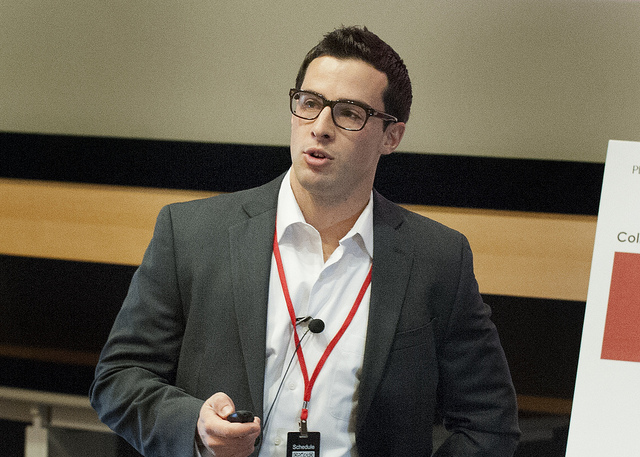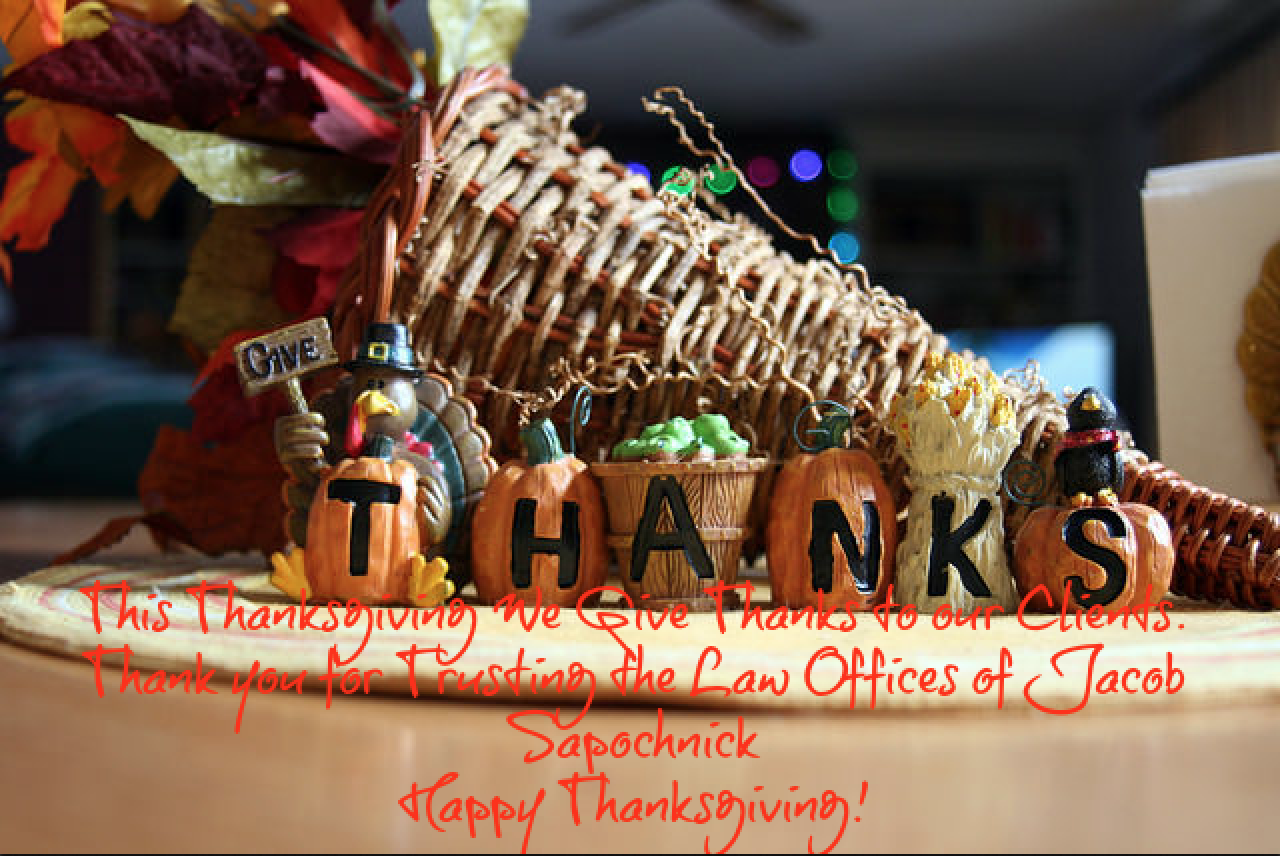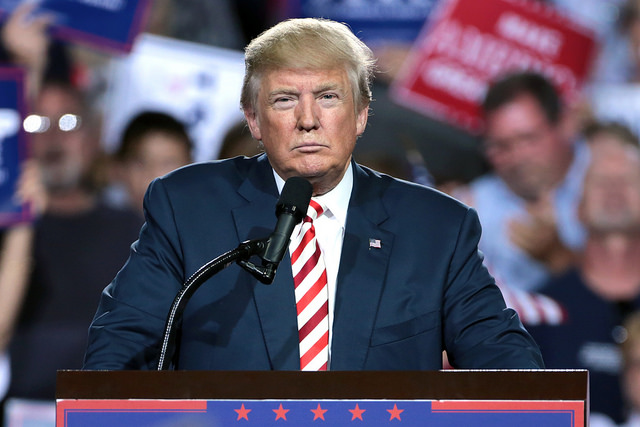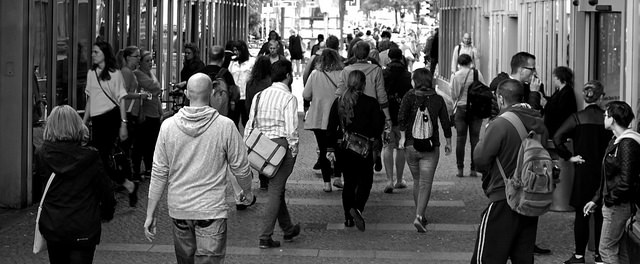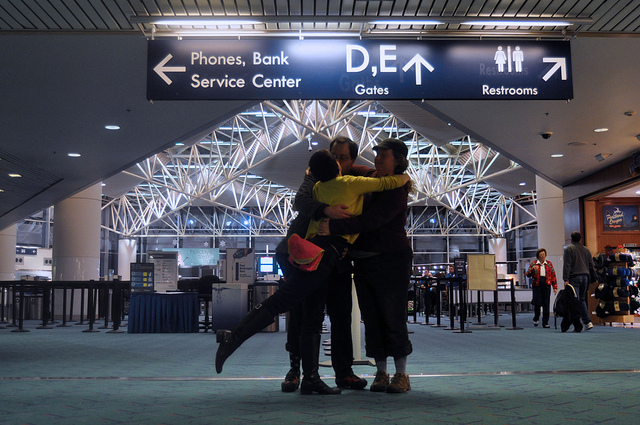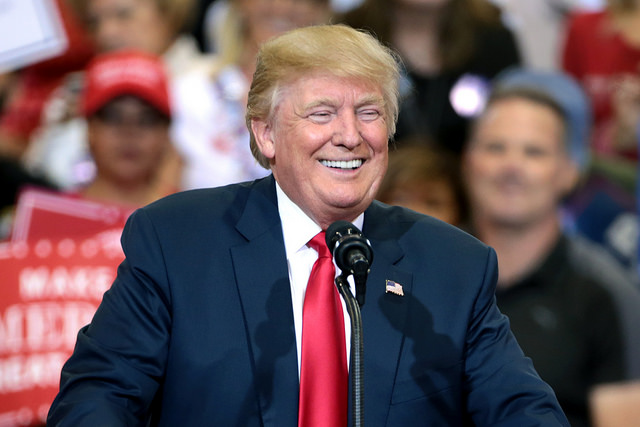On Friday December 1st, a federal judge for the U.S. District Court for the District of Columbia, issued a ruling in the lawsuit, National Venture Capital Association, et.al. v. Duke, et. al, in favor of the National Venture Capital Association, an association that brought the lawsuit to challenge the government’s delay of the international entrepreneur rule. Earlier this year, the Trump administration had postponed enforcement of the international entrepreneur rule and said that it was very likely that the Obama era rule would ultimately be rescinded. The Plaintiffs in the lawsuit argued that the Department of Homeland Security unlawfully delayed enforcement of the international entrepreneur rule by circumventing the notice-and-comment rule making procedure mandated by the Administrative Procedure Act.
As you may remember the international entrepreneur rule was first published in the Federal Register on January 17, 2017. Following its publication, a notice-and-comment period was expected to begin 30 days later. The government however failed to announce such a comment period, and instead, on July 13, 2017, just days before the rule was set to go into effect, the Department of Homeland Security issued a press release indicating that implementation of the rule would be delayed until March 14, 2018, at which time the government would seek comments from the public on its plan to rescind the rule.
Federal Judge James Boasberg dealt a blow to the Trump administration in his Friday ruling, in which he agreed with the National Venture Capital Association, and ordered the Department of Homeland Security to rescind its delay of the international entrepreneur rule. The court agreed that the government bypassed the procedures of the Administrative Procedure Act to block the rule from going into effect as expected on July 17, 2017.
 Visa Lawyer Blog
Visa Lawyer Blog


